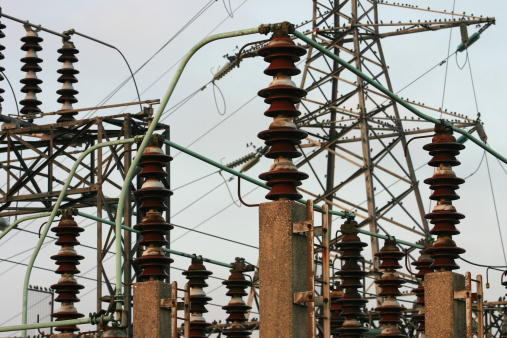Electricity Distribution Companies (DisCos) must be super-effective in every responsibility bestowed on them for the power sector to thrive, a renewable energy expert has said. The News Agency of Nigeria (NAN) has reported.
The Chief Executive Officer, SolarCentric Technologies Limited, Adetunji Iromini, stated this, noting that “the power sector value chain is financed by bill settlement from consumers and it is DisCos that interfaces with the consumers.”
For efficiency in the sector, he listed metering, tariff and decayed infrastructure as three-pronged issues that must be addressed by stakeholders in the sector.
On metering, he said consumers must be adequately metered to reduce apathy. “Compelling cases for cost-reflective tariff has been made by many and there is just no point debating this. The sector requires huge investment and without clear and unambiguous means of recovering the investment, appropriate investment would continue to suffer. According to the recently released Power Sector Recovery Programme 2017-2021, a unit of energy is estimated at N50.30 indicating that the sector is subsidised,” he noted.
Explaining what he called ‘decayed infrastructure,’ he said: “The quantity of energy made available to the consumer is lower than demand. We continue to hear cases of stranded energy, which Transmission Company of Nigeria (TCN) cannot evacuate and evacuated energy being rejected by the DisCos due to inability within their network to distribute and manage bill settlement effectively.”
On whether the Federal Government should take over the sector fully again or not, he said: “governments all over the world have largely proven to be unable to manage businesses.
“The government is currently doing what is expected of it by enacting laws and policies that favour the sector. Such include the Mini-Grid Policy, Independent Electricity Distribution Network (IEDN) and the Captive Power Generation in the distributed generation area. A 30:30:30 recommendation that we made at National Council on Power (NACoP) Kaduna in 2016 was approved as a policy. The policy simply promotes renewable energy, that is, 30 per cent renewable of 30 gigawatts (GW) by year 2030. This was an idea we deliberated upon based on existing circumstances and realities of our environment.
“The working group (Renewable Energy Committee) that I represented at the Nigerian Economic Summit Group (NESG) put this forward and it is a policy today. Each of the policies or a combination of some will promote efforts on the much needed distribution and generation. That is the guaranteed way forward from the current rigid central grid system.”







